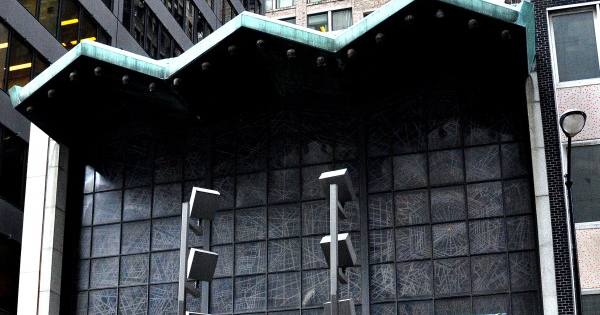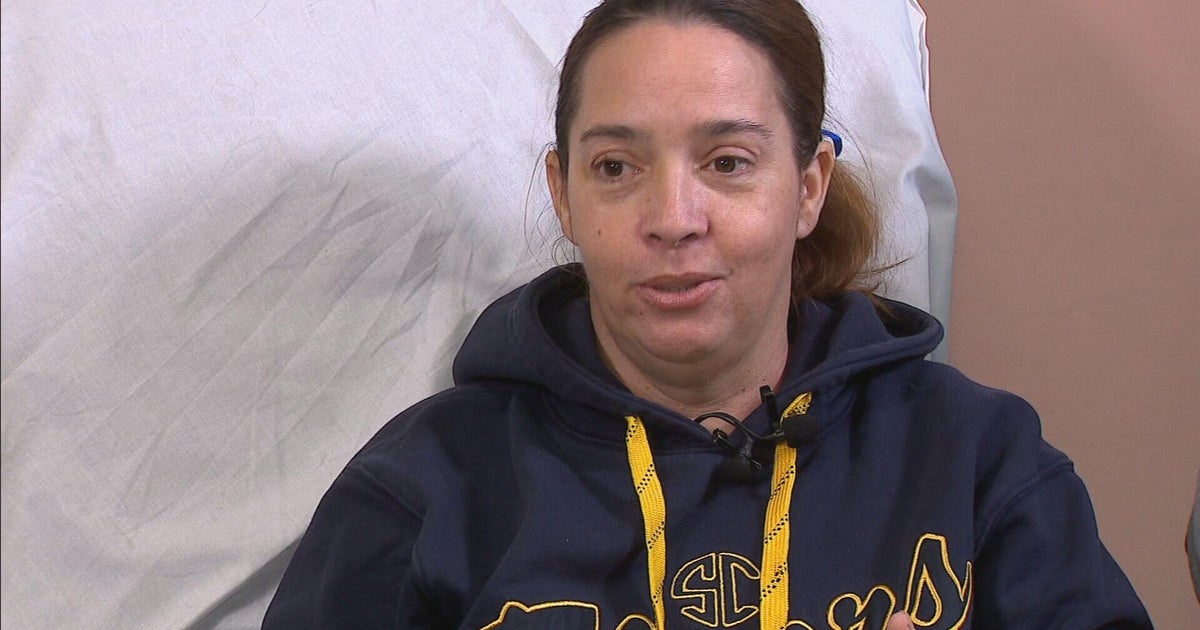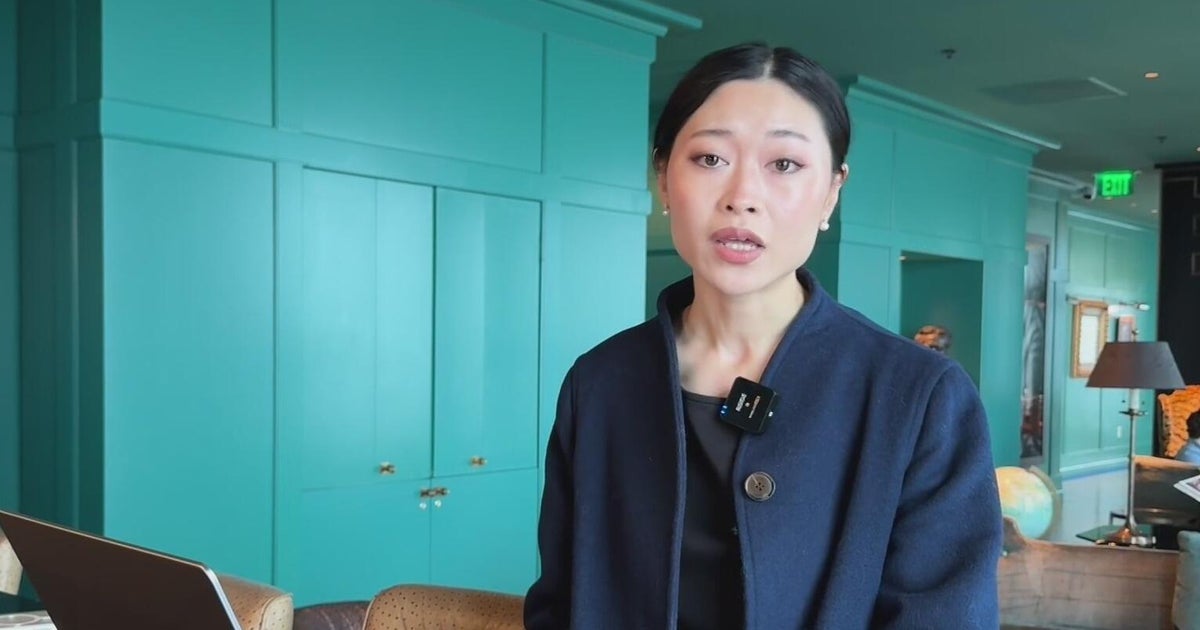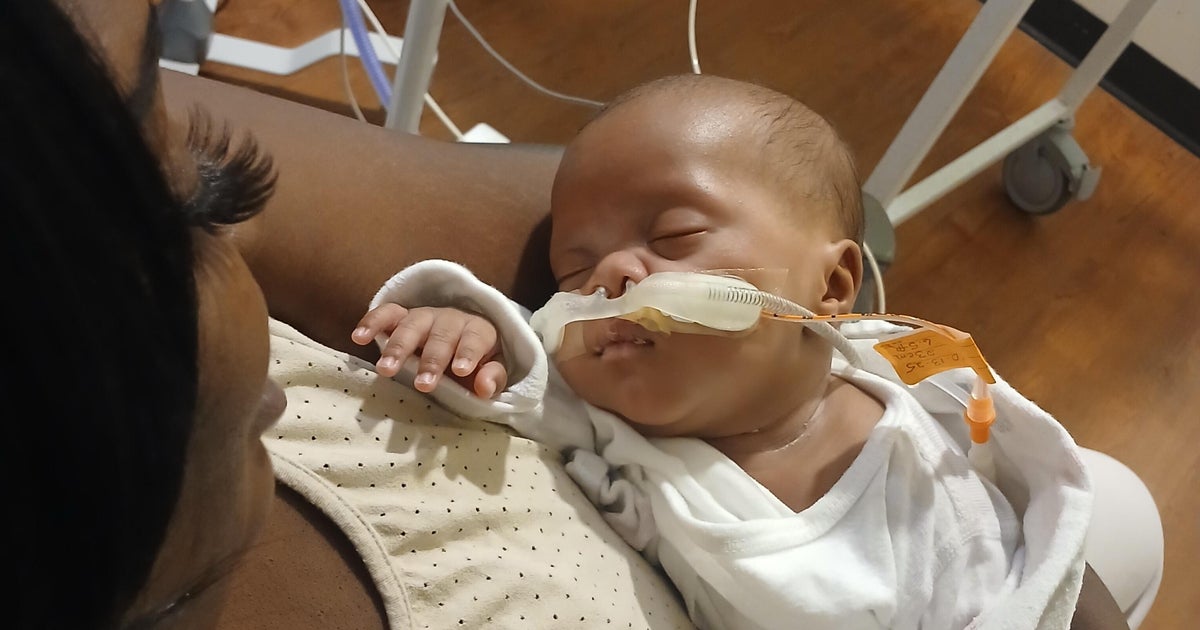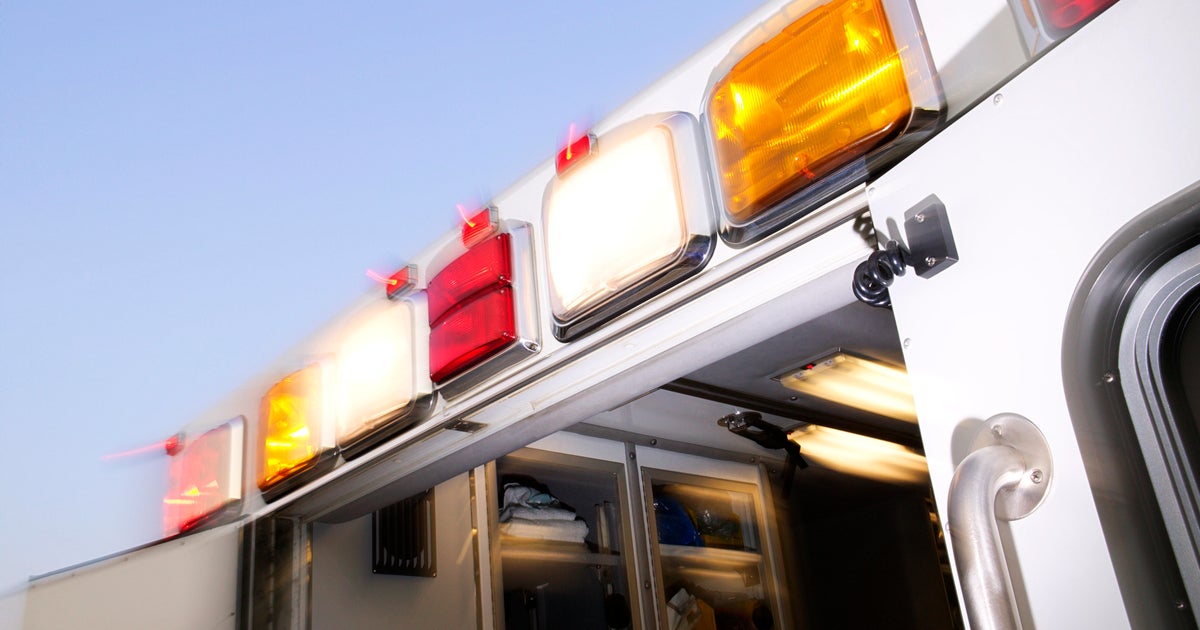Illinois Patients To Docs: 'What About Marijuana?'
CHICAGO (AP) -- Illinois doctors, nursing homes, hospitals and hospice organizations are ramping up for their role as gatekeepers in the state's new medical marijuana program.
Medical professionals find themselves at the center of a quickly changing legal landscape with minimal scientific research to back the claims of those extolling marijuana's therapeutic benefits.
"It's already an issue," said Dr. Martha Twaddle of Barrington-based JourneyCare, which specializes in end-of-life care. "People are asking, `What about marijuana?"'
Illinois is among 23 states that have made medical marijuana legal. Illinois' new law is on the restrictive side, with a limited list of qualifying health conditions. But one -- spinal cord disease -- could be broadly interpreted to cover any patient complaining of back pain.
"I imagine that's the one that will be most prone to abuse," said Dr. William McDade, president of the Illinois State Medical Society, one of the groups that will help doctors navigate the new terrain.
State regulators have signaled they won't allow doctors to set up shop to churn out recommendations. In December, regulators filed a complaint against a doctor who opened a clinic called Good Intentions offering "pre-approval" for medical cannabis. The doctor faces revocation of his license because the Illinois law requires a "bona fide physician-patient relationship."
The enforcement approach leaves doctors chatting face to face with their regular patients about a once-forbidden drug.
In September, patients will start applying for marijuana ID cards, and they'll need a doctor's certification. Without it, they won't be able to use cannabis legally.
"Dozens of people have asked me about it," said Dr. Richard Novak of University of Illinois at Chicago, who treats patients with HIV. He said he'll write cannabis recommendations, estimating up to 80 percent of his patients already use it: "If they're already smoking it, I'd rather they get it legally."
Here's a look at how the medical industry is preparing:
NURSING HOMES
While Illinois bars smoking in nursing homes, edible products are allowed. Nursing homes are deciding how they'll handle requests from qualifying residents and where marijuana will be permitted.
"Most nursing home residents are on highly monitored and charted medical diets, and this must be taken into consideration as we move forward," said Pat Comstock, executive director of the Health Care Council of Illinois, the state's largest nursing home trade group.
Marla Levi, 51, of Buffalo Grove, eats marijuana brownies -- prescribed by her doctor -- to ease rigidity in her legs caused by multiple sclerosis. Levi, who lives at home with nursing care but may someday need to move to a nursing facility, said nursing home residents with a medical need should have a right to marijuana.
ABUSE POTENTIAL
Law enforcement will have access to an online marijuana patient verification system. Doctors want that access too so they can help prevent abuse, said McDade of the Illinois State Medical Society.
"The clever patient is going to figure out a way to circumvent what's intended by the law," McDade said. The group had pushed for including medical marijuana in the existing Illinois Prescription Monitoring Program, a database used to prevent "doctor shopping" among addicts looking for narcotics.
But the Illinois law bars the marijuana patient registry from being combined with other databases, so the medical society's suggestion is absent from the final regulations.
END-OF-LIFE CARE
Marijuana has been used to alleviate cancer-related pain and treat AIDS wasting syndrome. That means some gravely sick patients may be interested, said Rick Kasper of the Illinois Hospice and Palliative Care Organization.
Operators of hospice organizations are looking for guidance, Kasper said.
"This is much bigger issue than we feel we're prepared to handle," Kasper said. "Some doctors may be open to using medical marijuana. Others may say it still is against the law federally."
Twaddle, a national expert on hospice and palliative care, said there's not enough research about marijuana for dying patients. "Ethically, we can't experiment with them," she said. "We need more evidence."
HOSPITALS
Most hospitals aren't clamoring for a role in the program because they don't want to jeopardize their federal funding. But Swedish Covenant Hospital in Chicago had considered applying for one of the 60 marijuana dispensary permits that will be issued.
Hospital CEO Mark Newton submitted a rules recommendation, suggesting hospitals be exempted from buffer zones that will keep dispensaries away from schools. The Illinois Hospital Association agreed, but the suggestion wasn't incorporated into the final rules, putting most hospitals out of the running.
"The policy debate surrounding medical marijuana will -- and should -- continue," said hospital spokesman Nick Przybyciel. "But in the end, it should be every care provider's commitment to make sure their patients have access to the most effective health interventions available."
(TM and © Copyright 2014 The Associated Press. All Rights Reserved. This material may not be published, broadcast, rewritten or redistributed.)

